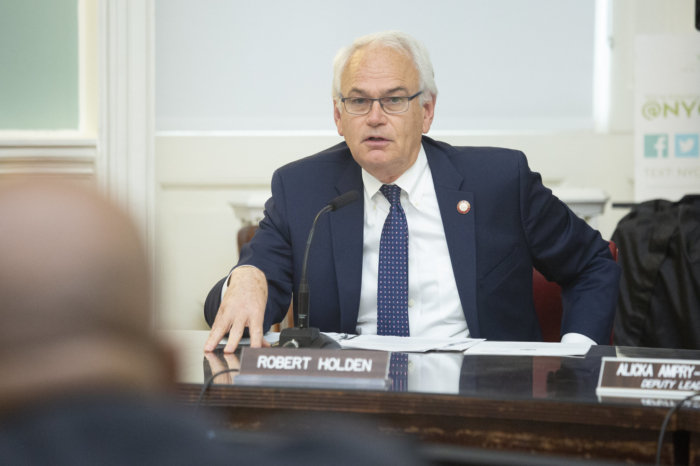State Assemblywoman Catalina Cruz and state Senator John Liu lauded Gov. Kathy Hochul’s plans to support students with disabilities, along with a major legislative package signed into law that will make a difference in the lives of students, families and schools across the state.
Hochul’s plans include a historic $240 million increase in investment for approved private schools serving children with disabilities, and resources to support those students in her upcoming 2022-2023 executive budget.
“Throughout my time in office, I’ve made it a priority to listen to the disability community and provide the resources and support they need to thrive. People with disabilities have my commitment. As your governor, I’ll always stand by your side and fight for you,” Hochul said.
Following the 4% cost-of-living adjustment approved for the 2021-22 school year tuition rates, the New York State Division of the Budget will authorize an additional cost-of-living adjustment of 11% for the 2022-2023 school year — an increase of more than 15% over two years.
The 2022-23 cost-of-living adjustment will increase preschool and school-age special education providers’ annual funding by more than $240 million, with the state ultimately reimbursing school districts and counties for roughly 60% of this cost.
Hochul also signed four bills into law to support students with disabilities.
The first bill (S2911/A1953) establishes that the Autism Spectrum Disorders Advisory Board will provide a report on autism detection, education and mapping. This report will evaluate and review factors on the causes of autism in children as well as assist healthcare providers and educators with ways to better help those diagnosed with autism.
In New York state, autism has been diagnosed at alarming rates since 1996, according to Cruz, who added that it is necessary to map and track the number of autism cases in order to accurately determine possible factors on the causes of autism in children.
“We must have this important foundation for New York state to identify autism prevalence rates and to expand universal screening, as well as assist doctors and educators with early screening, intervention and treatment,” Cruz said.
The second bill (S6682/A7614) appoints an impartial hearing officer to address due process complaints for students with disabilities. This legislation will ensure that special education students receive the services they need — and that are required by law — within a timely manner.
Many cases of this type have languished for years without appointment of IHOs to hear claims. New York City currently has a backlog of several thousand cases, and the State Education Department has recently commenced plans to hire more IHOs to hear these cases.
Liu, who is the chairperson of the Senate’s committee on education, said New York City has utterly failed thousands of special needs school kids who have been shortchanged regarding educational services and whose families have been run through outrageous bureaucratic and financial gauntlets.
“The NYC Department of Education has for years repeatedly reneged on their promises to improve their processes as agreed to with legislative leaders, which ultimately necessitated this legislation,” Liu said. “A huge thank you to Governor Hochul for signing this bill into law and truly improving the education for children who have for too long languished in limbo at the hands of the NYCDOE.”
The third bill (S1662-B/A3523-A) makes the issuing of behavior analyst licenses in New York consistent with other states. The current law only permits behavior analysts to treat autism and autism spectrum disorders, exclusively. This legislation will remove the restriction, allowing for treatment of behavioral health conditions listed in the Diagnostic and Statistical Manual of Mental Disorders, or equivalent system.
Lastly, legislation (S5560-A/A5339) provides funding to early intervention education for toddlers with disabilities. It streamlines the system for distributing funding to municipalities, and allows for more early intervention services to be provided to children.






































